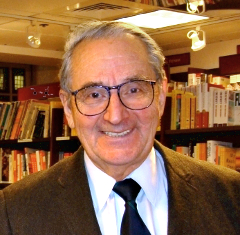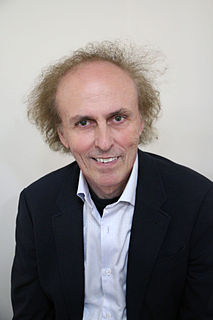A Quote by C. Northcote Parkinson
The mind reels at the multiplication of books intended to justify the author's promotion from assistant to associate professor.
Related Quotes
Whether the author intended a symbolic resonance to exist in her book is irrelevant. All that matters is whether it's there. Because the book does not exist for the benefit of the author, the book exists for the benefit of YOU. If we as readers can have a bigger and richer experience with the world as a result of reading a symbol and that symbol wasn't intended by the author, WE STILL WIN.
Social Note: I have sought escape in the Prytania on more than one occasion, pulled by the attractions of some technicolored horrors, filmed abortions that were offenses against any criteria of taste and decency, reels and reels of perversion and blasphemy that stunned my disbelieving eyes, the shocked my virginal mind, and sealed my valve.
By 1954, as an assistant professor with a group of three graduate students, I was able to initiate more complex experimental projects, dealing with the structure, stereochemistry and synthesis of natural products. As a result of the success of this research, I was appointed in 1956, at age twenty-seven, as professor of chemistry.
Reading with an eye towards metaphor allows us to become the person we’re reading about, while reading about them. That’s why there is symbols in books and why your English teacher deserves your attention. Ultimately, it doesn’t matter if the author intended the symbol to be there because the job of reading is not to understand the author’s intent. The job of reading is to use stories as a way into seeing other people as a we ourselves.
A German merchant of the fifteenth century asked an eminent professor where he should send his son for a good business education. The professor responded that German universities would be sufficient to teach the boy addition and subtraction but he would have to go to Italy to learn multiplication and division. Before you smile indulgently, try multiplying or even just adding the Roman numerals CCLXIV, MDCCCIX, DCL, and MLXXXI without first translating them.
I'm very intrigued by e-books, the topic du jour in the industry today. As a number one bestselling Kindle author, I love the way e-books make an author's backlist accessible to new readers. Of course, price point remains a source of concern. Personally, I don't have any of the answers, but I'm intrigued by the questions.







































